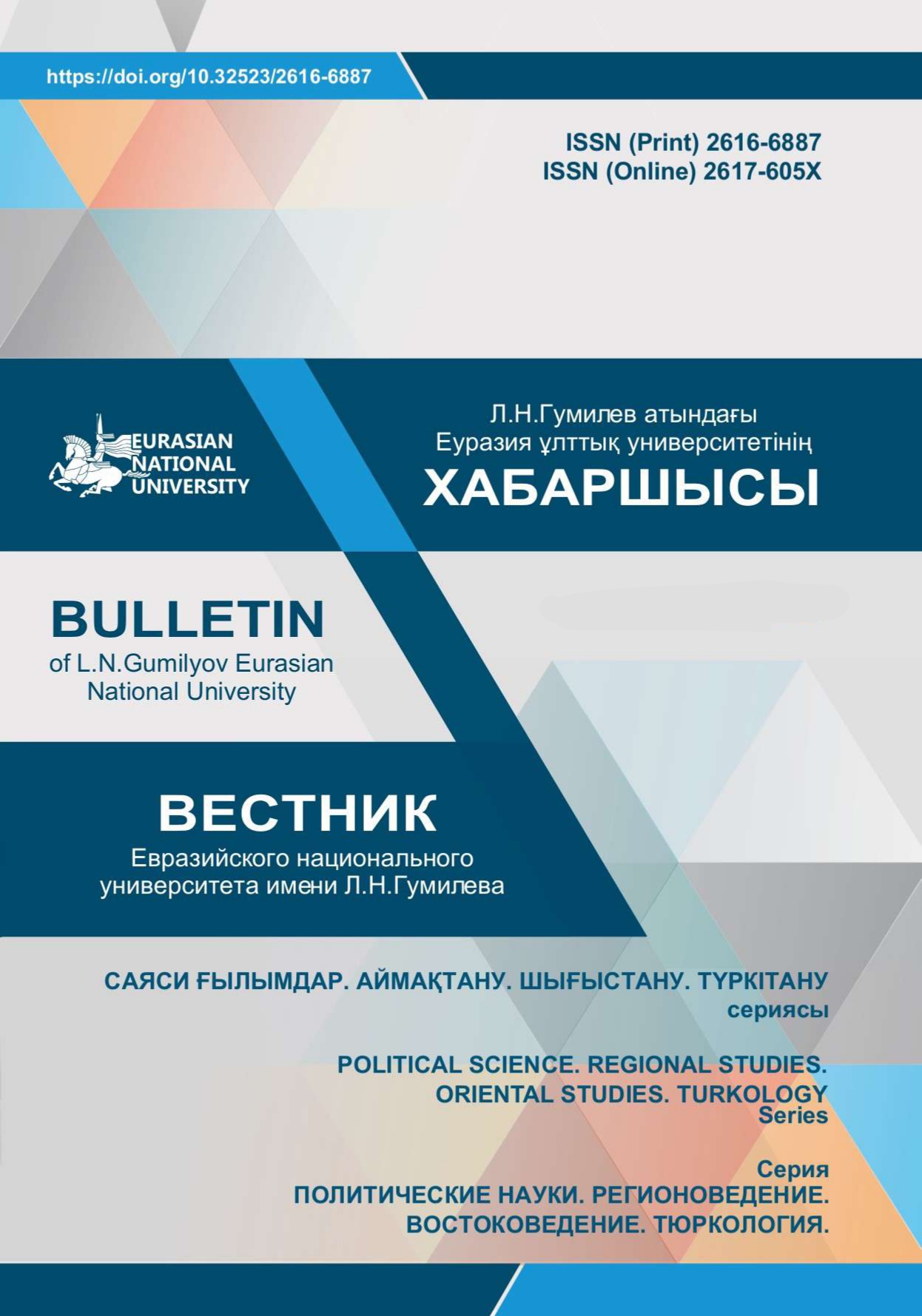The main directions of Turkey’s policy in Central Asia
Views: 425 / PDF downloads: 0 / PDF downloads: 167
Abstract
Central Asia is strategically important for the security and stability of the EuroAtlantic region. The region’s energy resources are vital to global energy security and it is a
major hub for oil and gas pipelines and trade corridors. This article provides an overview of
Turkey’s bilateral and multilateral relations with the states of Central Asia since independence.
The relevance of the article is due to the major political changes that are taking place in the states
of Central Asia, and in the two largest of them, there is a change in political leadership. Despite
the fact that the foreign policy of the Republic of Turkey in Central Asia over the past thirty years
has had its ups and downs, it is considered indisputable that the country has managed to become
one of the significant geopolitical players in the region through the strengthening of bilateral
relations, as well as in the framework of multilateral cooperation.
As the largest Turkic-speaking state, Turkey is considering the new “Turkic” states of the CAR
from the point of view of creating a Turkic union under the auspices of Turkey – the “Great
Turan” project. The idea of a Turkic union is one of the main priorities of the Turkish foreign
policy strategy, which would allow it to strengthen its position in the international arena.
Historical, cultural, linguistic, and religious identity with the countries of the Central Asian
region, as well as in the context of R. Erdogan’s new foreign policy and a more active role in
international relations, Turkey is becoming a new participant in the “Great Game”. In this sense,
when analyzing the foreign policy of the Republic of Turkey in Central Asia in this article, this
issue is studied both in bilateral and regional formats.







